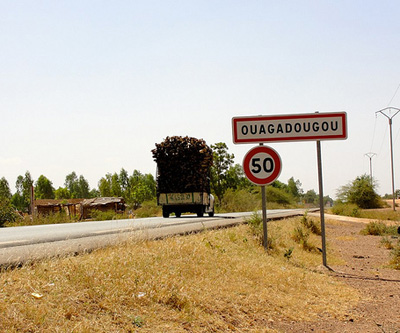Jihadist groups cash in on artisanal gold rush in West Africa

Artisanal gold mines in West Africa’s Sahel zone have become a source of financing and recruits for Islamist militants in the region as they secure sites or levy illicit taxes, according to the International Crisis Group.
“The main jihadist groups in the Sahel benefit financially from gold extraction — an activity that they consider lawful — in their areas of influence,” the Brussels-based advocacy group said in a report. “They do so in ways that vary from region to region.”
Armed groups with links to al-Qaeda and the Islamic State have claimed hundreds of lethal attacks in West Africa. An insurgency that began in northern Mali in 2012 has spread to neighbouring Burkina Faso and is threatening coastal states including Benin and Ivory Coast. The emergence of the jihadists coincided with the 2012 discovery of a gold vein that crosses the Sahara desert from Mauritania to Sudan.
Today, more than 2 million people are believed to be directly employed in small-scale mining in Mali, Burkina Faso and Niger, the group said. Malian Mining Minster Lelenta Hawa Baba Ba told a conference in the capital, Bamako, this week that 400,000 people work in the country’s artisanal gold mines, some in areas where the state has little or no control.
Sahelian states should take steps to regulate and secure the sites, the Crisis Group said. Gold also contributes to the growth of international money-laundering networks.
Two years ago, the Nigerien government shut down the sprawling Djado mine near the border with Chad after violence erupted between armed groups vying for control. In eastern Burkina Faso, militants and insurgents have reopened mining areas that were closed down by the state and have given local populations access if they take up arms in return, according to analysts.
(By Katarina Hoije)
{{ commodity.name }}
{{ post.title }}
{{ post.date }}




Comments